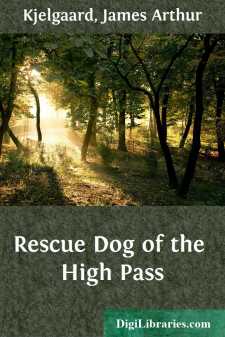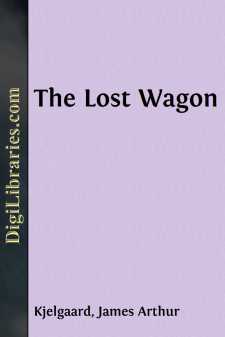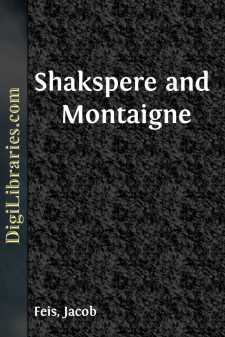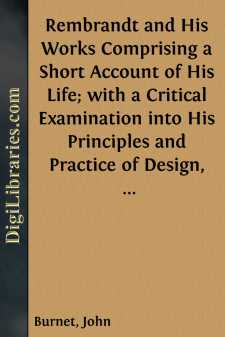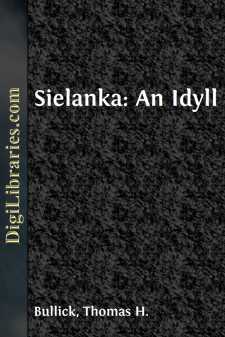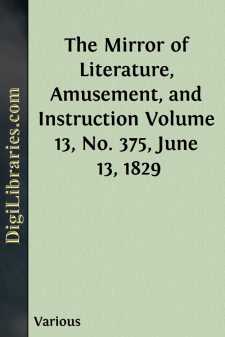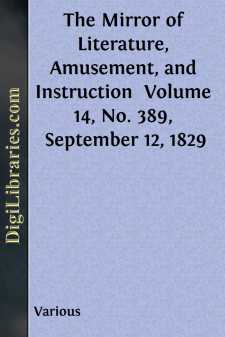Categories
- Antiques & Collectibles 13
- Architecture 36
- Art 48
- Bibles 22
- Biography & Autobiography 815
- Body, Mind & Spirit 144
- Business & Economics 28
- Children's Books 18
- Children's Fiction 14
- Computers 4
- Cooking 94
- Crafts & Hobbies 4
- Drama 346
- Education 58
- Family & Relationships 59
- Fiction 11834
- Games 19
- Gardening 17
- Health & Fitness 34
- History 1378
- House & Home 1
- Humor 147
- Juvenile Fiction 1873
- Juvenile Nonfiction 202
- Language Arts & Disciplines 89
- Law 16
- Literary Collections 686
- Literary Criticism 179
- Mathematics 13
- Medical 41
- Music 40
- Nature 179
- Non-Classifiable 1768
- Performing Arts 7
- Periodicals 1453
- Philosophy 65
- Photography 2
- Poetry 896
- Political Science 203
- Psychology 44
- Reference 154
- Religion 515
- Science 126
- Self-Help 85
- Social Science 83
- Sports & Recreation 34
- Study Aids 3
- Technology & Engineering 59
- Transportation 23
- Travel 463
- True Crime 29
Our website is made possible by displaying online advertisements to our visitors.
Please consider supporting us by disabling your ad blocker.
Rescue Dog of the High Pass
Description:
Excerpt
1: THE
SCHOOL
Sitting on his assigned portion of the backless wooden school bench, fourteen-year-old Franz Halle tried earnestly to concentrate on the Latin text before him. He read, "Deinde rex perterritus Herculi hunc laborem, graviorem, imposuit. Augeasâ"
Very interesting, he thought, and doubtless very important. Professor Luttman, who taught the school at Dornblatt, said so, and Professor Luttman was both wise and educated. Franz himself had heard the village men say that he could discuss the classics, politics, history, higher mathematics, astronomy and the latest method of bloodletting as a cure for the ague, at endless length and most thoroughly. Franz tried again.
"Deinde rexâ" Surely it meant something or Professor Luttman never would have assigned it. But what? If only it were a squirrel track in the snow, a chamois doe trying to lure an eagle away from its kid, a trout in the cold little stream that foamed past Dornblatt, or an uncertain patch of snow that was sure to become an avalanche, it would be simplicity itself. But written words were never simple, not even when they were written in the German that Franz could read.
Franz made one more manful effort. Then he gave up and devoted himself to looking through the window on the south side of the school.
The mighty birches that had once grown there, and that had been so lovely to see when spring clothed their branches in tightly curled new leaves that looked oddly like baby lambs, or when the wind set trees and leaves to dancing, had been felled for half a furlong down the mountainside.
Franz smiled wistfully. Furlongâfurrow longâthe distance a team of oxen could pull a plow without tiring. Now there was a word he understood perfectly. Not that there were any gardens a furlong in length around Dornblatt, for not even the strongest oxen could pull a plow through solid rock. Some of the villagers had even carried dirt, basket by basket, to cover the rocks and form more garden space.
Vaguely it occurred to Franz that there was something he had been doing or should do, but he had forgotten what it was. He continued to look out of the window.
The village spread below him, sturdy log buildings with living quarters for humans on the second floor and stables for the cattle beneath. The villages lined the narrow path that trailed on up the mountain and, eventually, into the mighty Alps. Here and there was a garden patch, for where there was so little land to cultivate, not even one square foot must be wasted. But most of the gardens were beyond the limits of Dornblatt itself. Summer pasturage for the village cattle, and the fields where the villagers cut most of their hay, were far above timber line.
Franz thought again of the birch trees that had been and a twinge of remorse stirred his heart. It was right and just to fell trees, but only when timber was needed for new buildings or wood was required for the village stoves. It was wrong to destroy so many beautiful birches simply because one greedy man had the power to gratify his greed....


